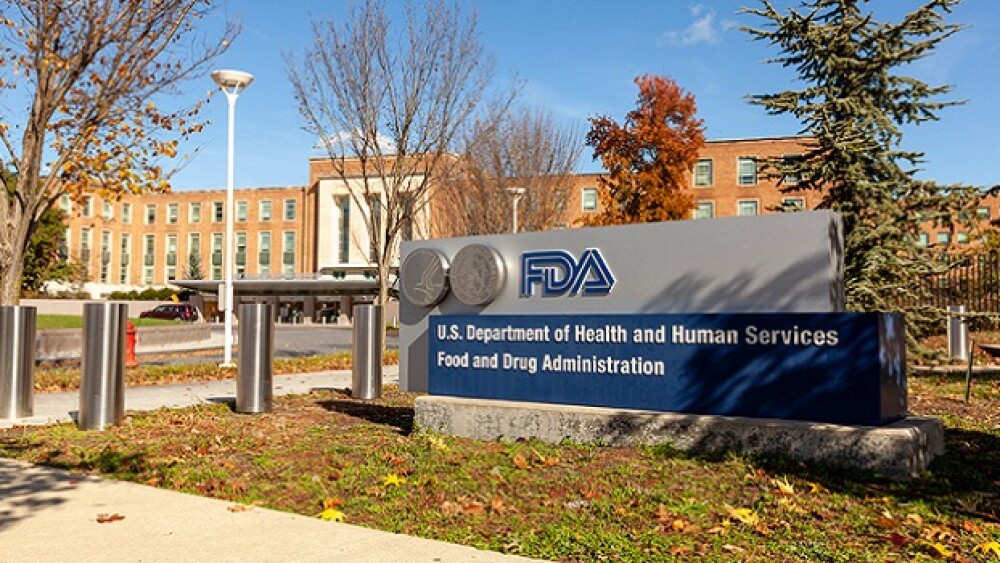Researchers who focus on HIV vaccines are caught in the middle of a political battle over funding of fetal stem cell research.
The past year has brought multiple approvals for the treatment of HIV, as well as continued efforts to develop additional treatments for the disease. However, politics may throw the proverbial wrench into the works as lawmakers battle over the use of fetal tissue.
The Washington Post reported that there is concern over a contract between the National Institutes of Health (NIH) and the University of California, San Francisco (UCSF). Researchers at the university have been a lynchpin in testing almost all HIV therapies since the 1990s, the Post reported, with some of the research having involved fetal tissue. Last week, the research lab was notified that its funding from the NIH would soon end, throwing into doubt any future or ongoing research.
In its report, the Post said the AIDS division at the NIH’s National Institute for Allergy and Infectious Diseases notified the research lab that the government contract will continue for a 90-day period as the political battle on Capitol Hill rages. The contract had been expected to be renewed for at least a year, the Post said. When the 90-day window closes, it is uncertain what will happen. The $2 million contract between the university research center and the government was set to expire this week.
In its report, the Post said the funding is expected to continue through March. However, the report notes that the language used in the NIH letter confirming the 90-day extension “sounds like the instructions for an orderly closing of a research enterprise.” The letter informed the researchers to finish ongoing studies as it planned and to not produce new animals for additional studies. The letter further states that the UCSF researchers should be prepared to return lab animals and equipment to the government.
The funding concern is the latest in the months-long drama in Washington over the issue of federal funds to support research with fetal tissue. Fetal tissue is sought after because they have healthy early-stage cells that could potentially function in ways that older cells no longer can. However, opponents consider the use of fetal tissue to be barbaric and liken it to selling the body parts of children.
Earlier this fall the White House, backed by conservative lawmakers, canceled a $16,000 fetal tissue contract between a supplier and researchers at the U.S. Food and Drug Administration. The FDA used the fetal tissue it acquired from Advanced Biosciences Research in animal testing. Researchers implanted the tissue into mice that lacked immune systems in order to give them human-like immune systems, which were then tested to “evaluate the safety and efficacy of various drugs.”
Political conservatives have long opposed the use of fetal tissue in research. As the Post noted in its article, the tissue involved in the research comes from elective abortions. While there has been concern raised by many anti-abortion activists that the use of aborted tissue in research would lead to a rise in abortions, researchers have disputed that notion. Those who spoke to the Post said there has been no rise in abortions due to the use of fetal tissue in research and added that the tissue has “spurred scientific advances that could not have been made otherwise.”
The UCSF laboratory is part of an experimental medicine section attached to the college’s department of medicine. The lab employs six full-time researchers.
There are alternatives to fetal-tissue cells. Adult skin cells can be reprogrammed to have some of the qualities of the fetal tissue.
Data from U.S. Centers for Disease Control and Prevention shows there were an estimated 37,600 new HIV infections in the United States in 2014, the most recent year for which the agency provides data. This year there have been several regulatory approvals for HIV treatments, Gilead Sciences Biktarvy, Trogarzo and Mylan’s Symfi.





